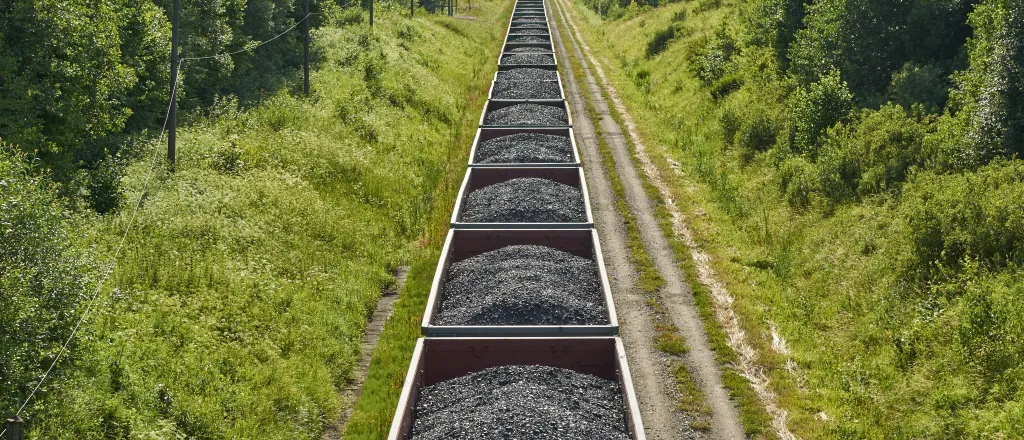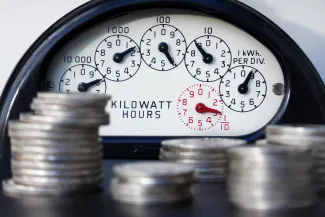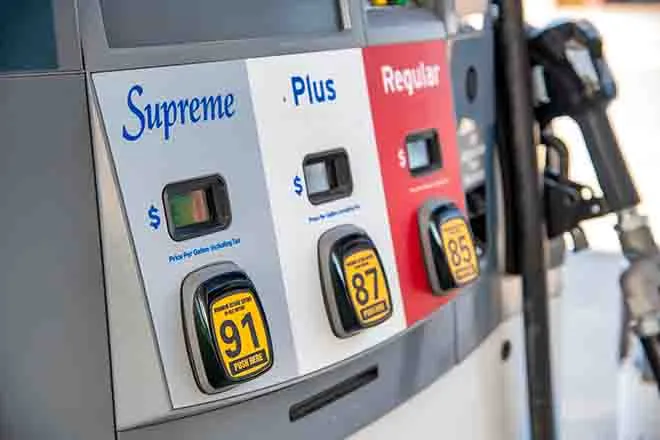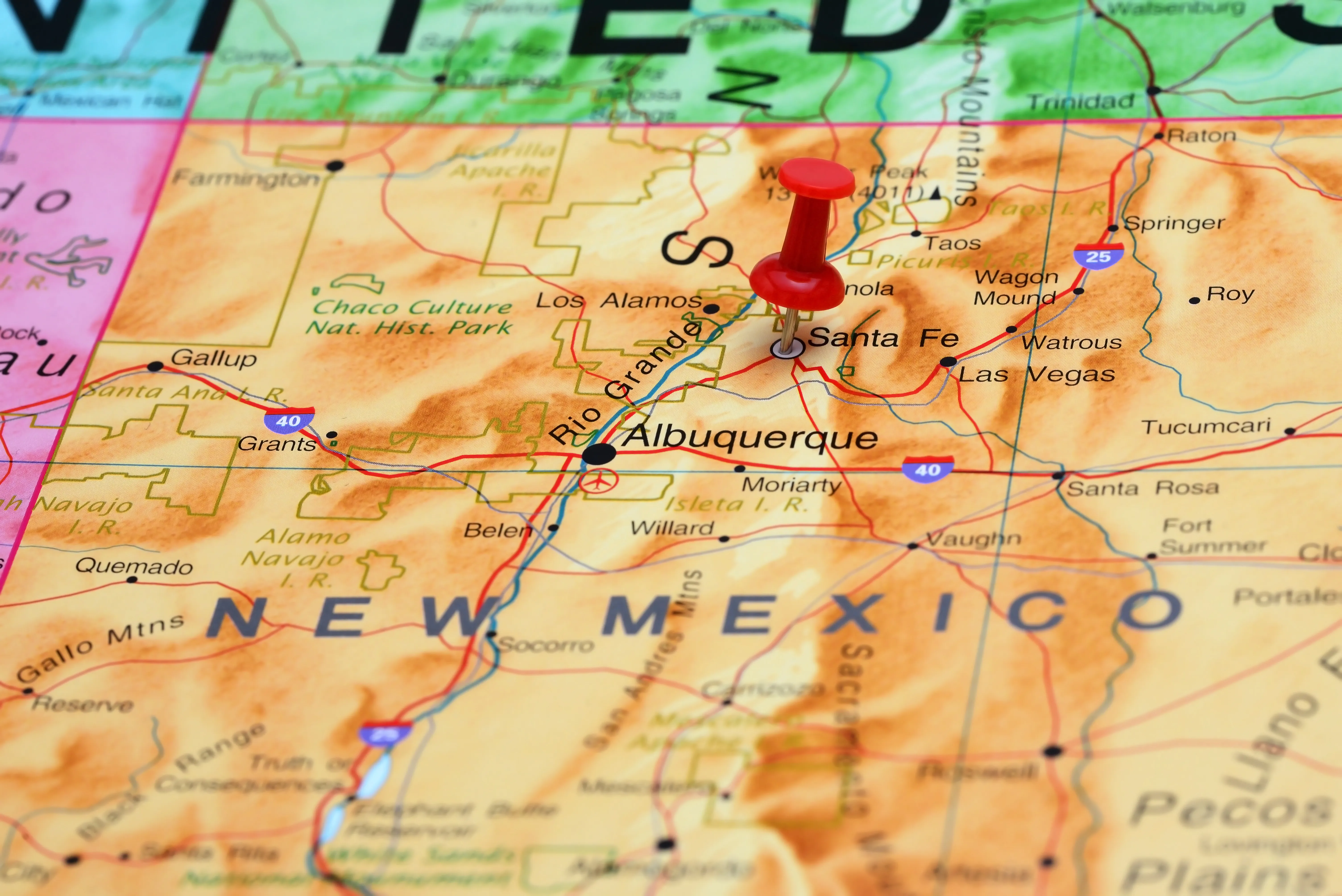
Wyoming’s coal use mandate raising ratepayer utility bills
Click play to listen to this article.
(Wyoming News Service) Starting this month, 145,000 Wyoming ratepayers will make a down payment on what's projected to add up to billions of dollars in additional costs.
Regulators recently approved Black Hills Energy's new $1.1 million surcharge on utility bills to research the viability of adding controversial carbon capture technologies to coal-fired power plants.
Rob Joyce, acting director of the Wyoming Chapter of the Sierra Club, said the rate increases are due to the state's mandate for utilities to continue burning coal.
"The people who benefit from these kinds of policies are the legislators who are connected to legacy fossil fuel companies, utilities who are able to pass the buck on to the ratepayers," Joyce asserted. "It's certainly not the ratepayer who benefits from this."

According to Wyofile, the price tag for actually installing carbon capture is projected to be between $500 million and $1 billion per coal-fired unit. Instead of allowing utilities to retire coal plants and switch to cheaper sources such as wind and solar, in 2020 Wyoming lawmakers passed a coal-use mandate to help keep those plants economically viable as other states work to mitigate climate change.
Joyce argued no legislation is going to stop the declining global demand for coal, which has become more costly than renewables for generating electricity and has caused Wyoming's coal output to plunge over the past 15 years. He pointed to a report from Energy Innovation Policy and Technology.
"That shows it would be cheaper to actually replace virtually every coal plant in the country with renewables than to continue burning coal," Joyce explained. "That's the trend that we're seeing, and putting an expensive, unproven technology on an old coal plant is not going to change that."
A recent report on carbon capture found most installations failed outright to capture emissions, underperformed, or were abandoned altogether.
Joyce noted Wyoming's mandate, which forces companies to pay even if they get all their energy from renewable sources, could also make it harder for the state to diversify its economy.
"Wyoming is shortchanging itself when it comes to attracting businesses that want to take advantage of the things that Wyoming has to offer," Joyce contended. "Wyoming is not providing that essential resource, clean energy, which a lot of big companies are investing in these days."

















